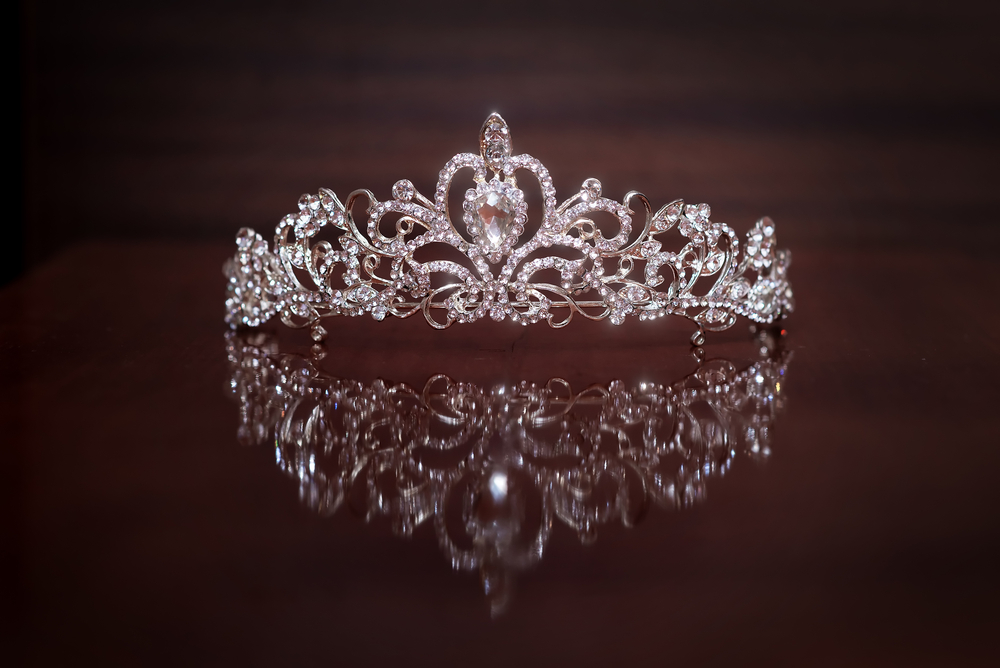It was evidently staged and well-rehearsed. Archie “Sussex” will not be a Prince, there will be no security and somebody in the House of Windsor raised a question as to what his colour might be. So, the Duchess of Sussex, an actor by trade, in her assault on her in-laws chucked her shrapnel-filled grenade into the box of fireworks: she had been told by her husband that someone, at some time, somewhere had said something about the colour of skin of a future royal – no detail as to what was actually said, and the Duke would say no more about it. Oprah Winfrey played her part in the drama exclaiming slowly and amazed “What?”. Was she really surprised?
The seed for the narrative that the Queen’s family are racist had been sown and thrown to a drooling media to grow into a beanstalk of epic proportions as presumably was planned. The UK Royal Family were now permanently besmirched with the tarnish of racism. African members of the Commonwealth reportedly were considering the Queen’s role as Head of State. Some commentators focussed more on what they saw as introspective self-pity of two spoilt children of privilege, bitter and twisted. Others focussed on the fragility of the out- of -date monarchy, and the need to question its very existence. Whatever camp is right, and maybe the answer is neither, it is obviously clear that the purpose of the grenade was to cause as much wanton damage as possible through tarring with the racist brush, knowing that racism is the hot topic with promoters of hatred sowing division.
This is yet another case of those who love to divide and hate seizing an opportunity to draw grossly wide conclusions from barely any real evidence. There may be racial prejudice in individuals in the Royal household but there is no evidence yet that it is greater than in any family. It is notable that among those who want to accuse the Royals of systemic racism, only a single instance of unidentified detail has so far been recorded or alleged: usually for an accusation of such magnitude, at least a few examples to prove the point might be available, at least allegedly.
Stepping back, it was common once to discuss “prejudice” where race was concerned. Perhaps there are degrees of racism, as there are certainly degrees of prejudice. There is often not a black and white situation, but shades of grey. Maybe it is possible that all people, whatever their skin colour, are prone to some prejudice of some kind. In a family parents will often be prejudiced in favour of their children as opposed to people outside. Tribes of people normally favour members of their tribe over the neighbouring or more distant tribes: the nations of the UK provide ample examples, perhaps tolerably demonstrated through sporting combat. The EU is prejudiced against immigrants flocking across borders, to protect their own tribes. Everybody in every day life exhibits some form of prejudice or preference of some people over others. It would be surprising if the Royal family does not have some, with different members having different prejudices. The word “racism” invokes extreme and persistent racial prejudice and should be reserved for extreme or very plain situations: for example, denying a person a job just because of the colour of their skin. In a mixed-race marriage, the parents themselves or grandparents might in a normal human way speculate on eye, hair and skin colour of the unborn child, maybe hoping for a good tan, or despairing if ginger dominates, or visa versa. Prejudice will always pervade everyday life and is normal – people have different likes and dislikes. In itself perhaps prejudice is not evil, but it may become so if it leads to serious harm of other people.
Minority groups in any mixed society of tribes are very likely, almost inevitably, to experience prejudice to some degree. In numerous countries Muslim and Christian sects have faced racial prejudice. In England, there can be a prejudice in some regions against people from other regions. What matters is how strongly a prejudice is allowed to manifest itself and hurt the people the subject of the prejudice. Probably all people have felt at some time some animosity towards another person based to some degree on prejudice, rather than totally rational logic. Like all bad feelings, it is a question of how that prejudice is controlled or allowed to take over and do damage.
It is obvious too that some people are more malicious than others, and some are merely more insensitive. The malicious where for example colour or religion are concerned may display real hatred and cause real hurt deliberately – racism; whereas the insensitive may fail to control an action or word carelessly – perhaps not racism. Perhaps it is necessary to recognise that there are degrees of prejudice – whether as to race, religion, sexuality, beauty or other features – and a level of it has to be just lived with. For that reason, it is so important that not all displays of prejudice are blown into outrageous indignation and condemnation. Perhaps all children should be brought up to understand they will experience prejudice in their life, and they may simply have to endure it while trying to minimise the impact, with resilience and maybe sadness, and carry on. Likewise, all people should seek to control their prejudices to prevent harm to others. It is clear that media, commentators and influencers have a responsibility not to allow every event of prejudice to be exaggerated into a major hate crime. Individuals perhaps must do more to be aware of their prejudices and control them.

